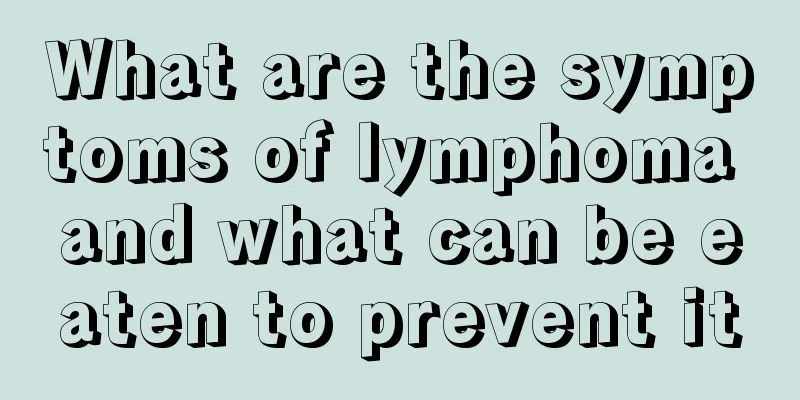Can I put plants in the bedroom

|
Although plants can freshen the air, they absorb unnecessary substances in the air and produce oxygen needed by the human body. However, other gases will still be produced during the production process. So it’s best not to put it in the room, after all, the room is not ventilated at night. There is a possibility that the gas produced may be absorbed by humans. As a result, I feel weak all over and my concentration is absent-minded when doing things. 1. As long as you take a little care of the thousand-year-old tree, it can grow for a long time and bring high-quality air. It is difficult for other plants to compare with the elmwood when it comes to inhibiting harmful substances. The leaves and roots can absorb xylene, toluene, trichloroethylene, benzene and formaldehyde, and decompose them into non-toxic substances.Light conditions: Neutral plants, suitable for planting in semi-shade. Maintenance required: Keep the pot soil moist and fertilize frequently. Can remove: Toluene, xylene, benzene, trichloroethylene, formaldehyde 2. Ivy can effectively resist the carcinogens in nicotine. Through the tiny pores on its leaves, ivy can absorb harmful substances and convert them into harmless sugars and amino acids. Light conditions: Neutral plants, suitable for planting in semi-shade Maintenance required: Keep the pot soil moist and fertilize regularly Can remove: Formaldehyde, nicotine 3. Anthurium is an "expert" in inhibiting waste gases exhaled by the human body, such as ammonia and acetone. At the same time, it can also filter benzene, trichloroethylene and formaldehyde in the air. Its high evaporation rate can prevent the nasal mucosa from drying out, greatly reducing the possibility of illness.Light conditions: Shade-loving plant, suitable for warm, humid environment. Required maintenance: Keep the soil moist and fertilize regularly, and the leaves need to be sprayed with water frequently. Can remove: ammonia, acetone, benzene, trichloroethylene, formaldehyde 4. Chlorophytum placed in small spaces such as bathrooms, windowsills or shelves is very eye-catching. Its slender and graceful branches and leaves can effectively absorb formaldehyde released by curtains and other objects, and fully purify the air. The naturally drooping branches and leaves of spider plants are very beautiful, and when they are lush, they will occasionally turn slightly. And taking care of it is not complicated at all. Light conditions: neutral Plant maintenance required: keep the pot soil moist Can remove: formaldehyde 5. Areca palm can evaporate one liter of water every day and is the best natural "humidifier". In addition, its green palm leaves are very effective in purifying xylene and formaldehyde. Spraying plants with water regularly not only keeps them green, but also cleans the stomata on the leaves. Light conditions: Sun-loving plants, need plenty of sunlight Maintenance required: Keep the pot soil moist, fertilize regularly Can remove: xylene, toluene, formaldehyde 6. Boston fern can absorb about 20 micrograms of formaldehyde per hour, so it is considered the most effective biological "purifier". People who deal with paint and coatings all day, or who have people around them who like to smoke, should place at least one fern in their workplace.Light conditions: neutral plant, prefers semi-shady environment Maintenance required: keep the pot soil moist, need to spray water frequently Can remove: xylene, toluene, formaldehyde 7. Schefflera chinensis, brings fresh air to smoking families. Its beautiful duck-foot-shaped leaves can absorb nicotine and other harmful substances from the smoky air and convert them into harmless plant-specific substances through photosynthesis. Schefflera does not have high requirements for the growing environment and is very suitable for inexperienced growers. If the young branches near the buds are pruned away, it can grow to 3 meters in height and is very beautiful and dense. Larger Schefflera trees need to be reinforced with bamboo poles. Light conditions: neutral Plant maintenance required: moderate watering, does not like too wet soil Can be removed: Nicotine 8. Ficus microcarpa, this type of plant exhibits many excellent characteristics. It can increase the humidity in the room which is good for our skin and breathing. At the same time, it can also absorb formaldehyde, xylene and ammonia and purify turbid air. Light conditions: Neutral plants, suitable for planting in semi-shade. Required maintenance: Adequate water, keep the soil moist. Can remove: formaldehyde, toluene, xylene, and ammonia. |
<<: Breast pain in six months of pregnancy?
>>: What's going on when blood comes out of the chest
Recommend
What are the symptoms of having a baby girl
According to folklore, after a pregnant woman bec...
What oral medicine is better for ovarian tumors
There are many ways to treat ovarian tumors. Pati...
How to determine lead in food?
Food safety has a huge impact on our health. If t...
What are the bad effects of salt on the body?
In everyone's cognition, salt is an indispens...
Surgical treatment of liver cancer
Surgical resection is still the first choice for ...
What should you pay attention to in your diet for nasopharyngeal cancer
What should I eat for nasopharyngeal cancer? What...
Your own mental health care
I believe that many people have some psychologica...
Signs of metastasis of malignant melanoma of the nose
When malignant melanoma of the nose may have meta...
Poor diet has a great relationship with the incidence of colorectal cancer
Rectal cancer is a life disease, and its incidenc...
Can early-stage nasopharyngeal carcinoma be cured after surgery?
Can early-stage nasopharyngeal cancer be cured af...
Young people must read: Eight reasons why hair turns gray
1. Uneven nutritional intake Modern people are bu...
The reason why I always feel hungry
Some of you may always feel hungry in your life. ...
The correct way to wash grapes
Grapes are a kind of fruit with great nutritional...
Potatoes stewed with lean meat
Potato stew with meat is a very popular home-cook...
Keshan disease treatment requires early detection and early treatment
Keshan disease is a cardiomyopathy with a very hi...









